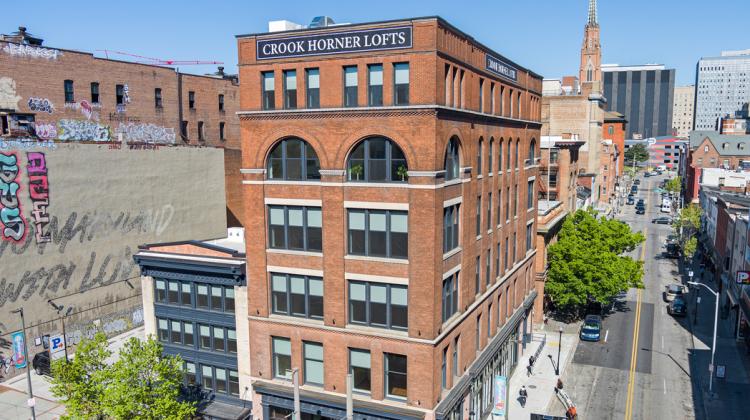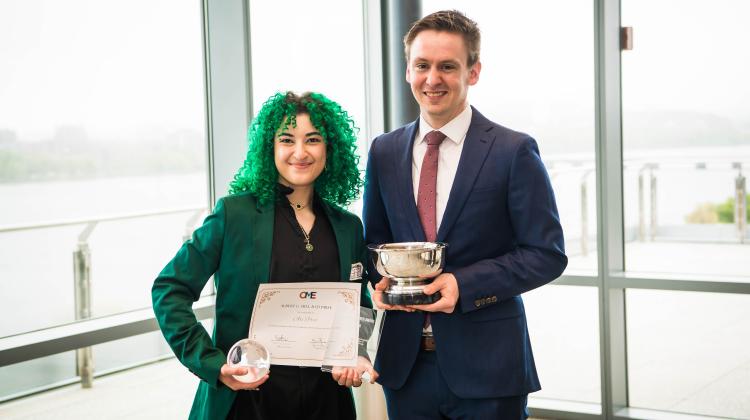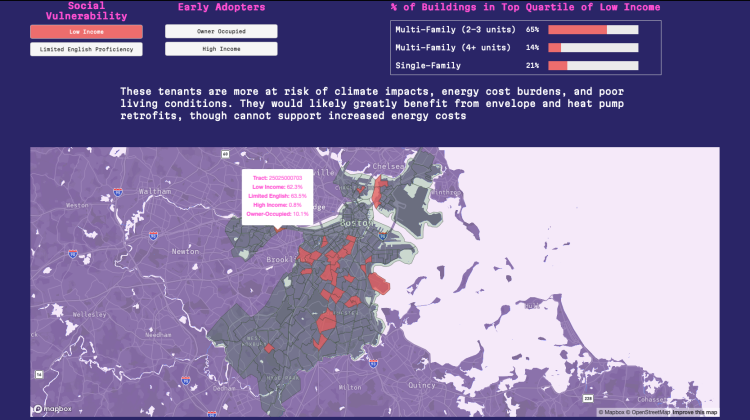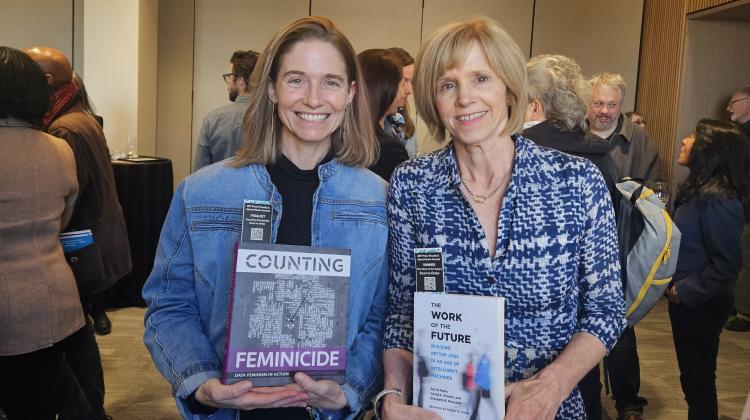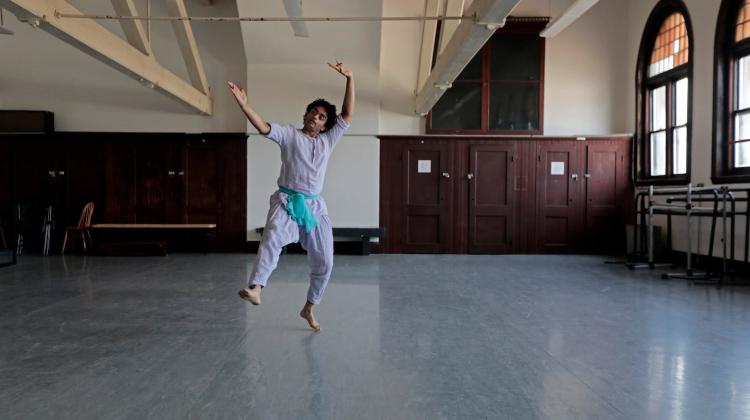Urban Data Science
- Image
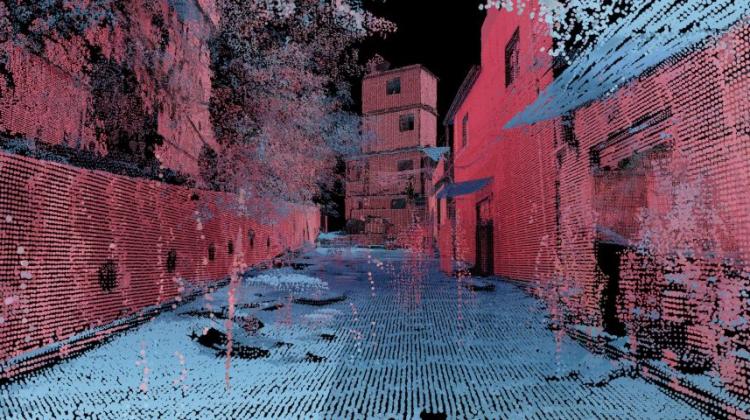
- Image
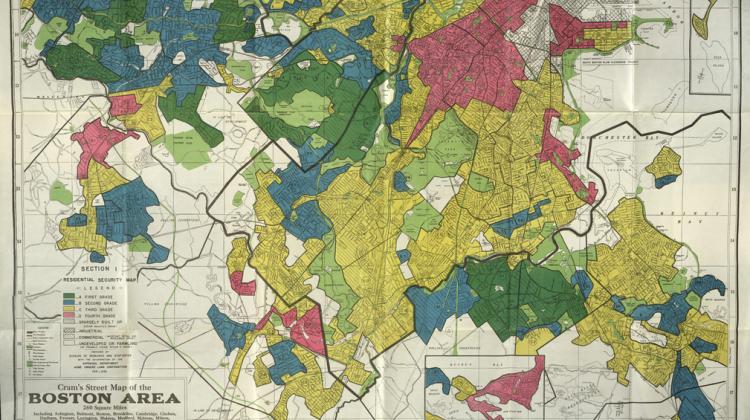
- Image
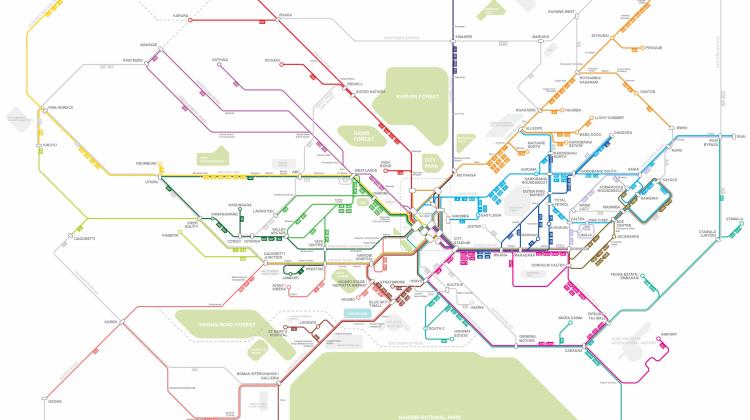
- Image
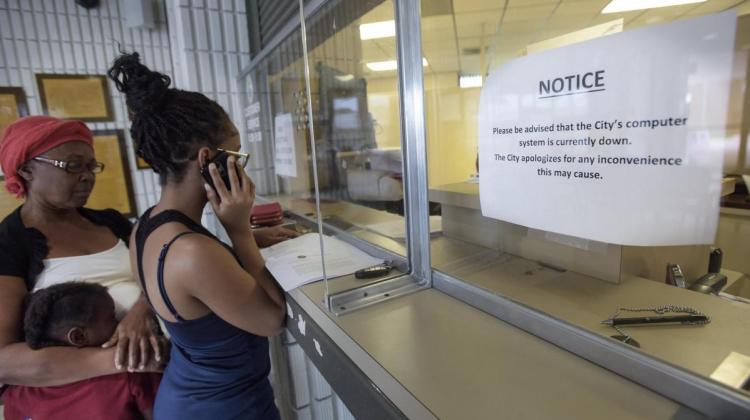
- Image
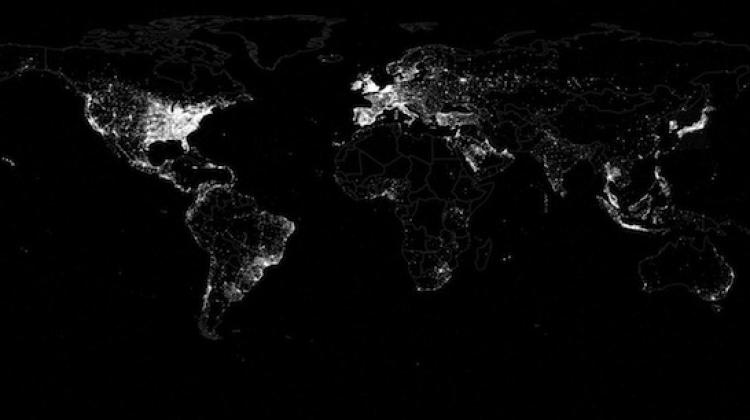
- Image
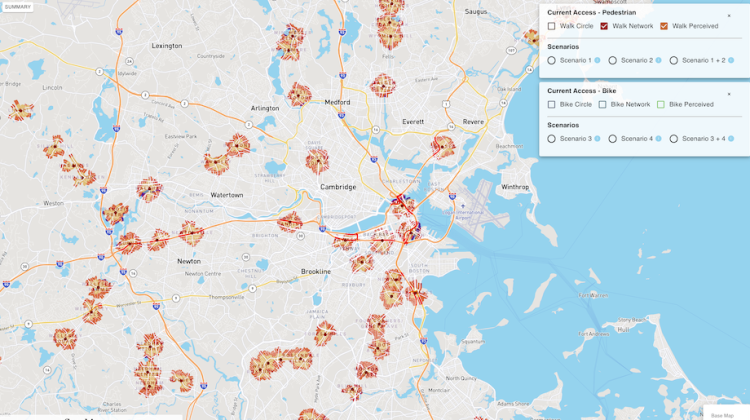
We integrate sensing, modeling and simulation, visualization, control and optimization, and - more broadly - artificial intelligence to enable planning, design and policy-making responses to critical urgent challenges related to the climate crisis, digital citizenship, healthy lifestyles, urban innovation and building just and sustainable cities.
Overview
As the complexity of global urban challenges continually increases, so do the range and powers of computational tools and techniques planners have at their fingertips. Planners today require an ability to make sense from large amounts of data and a facility with analysis, visualization, sensing, data ethics and reciprocity, and the integration of artificial intelligence into planning and policy-making contexts in a democratic and ethical manner. DUSP has long been at the forefront of related research and teaching and has developed new technologies and tools with community partners to model, envision, and communicate information about the city. Our approach involves novel application of computational and/or data science methods to critical priority areas, such as decarbonization, urban and regional adaptation and resilience, environmental justice, energy and natural resource systems, and participatory methods. We aim to co-create innovative computational approaches to meet the needs of cities and communities, in interdisciplinary, and community-serving ways.
People
Rounaq Basu
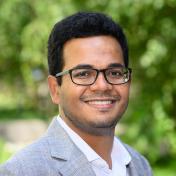 Postdoctoral Associate
Postdoctoral AssociateEran Ben-Joseph
 Class of 1922 Professor of Landscape Architecture and Urban Planning
Class of 1922 Professor of Landscape Architecture and Urban PlanningGabriel Bonnamy
 MCP Student
MCP StudentCong Cong
 Lecturer of Urban Science and Planning
Lecturer of Urban Science and PlanningKarilyn Crockett
 Class of 1958 Career Development Professor of Urban History, Public Policy & Planning
Class of 1958 Career Development Professor of Urban History, Public Policy & PlanningCatherine D'Ignazio
 Associate Professor of Urban Science and Planning
Associate Professor of Urban Science and PlanningFabio Duarte
 Associate Director (Senseable City Lab) + Lecturer of Technology and Urban Planning
Associate Director (Senseable City Lab) + Lecturer of Technology and Urban PlanningYichun Fan
 Doctoral Candidate
Doctoral CandidatePedro Ferraz de Abreu
 Visiting Scholar
Visiting ScholarJoseph Ferreira
 Professor, Post-Tenure
Professor, Post-TenureUmberto Fugiglando
 Head of Research Strategy & Partnerships, MIT Sensible City Lab
Head of Research Strategy & Partnerships, MIT Sensible City LabFadi G. Haddad
 MCP Student
MCP StudentYutian He
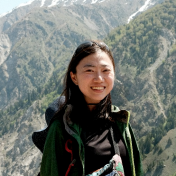 MCP & SM EECS Candidate
MCP & SM EECS CandidateDavid Hsu
 Associate Professor of Urban and Environmental Planning
Associate Professor of Urban and Environmental PlanningKevin Hsu
 GE Vernova Fellow & PhD Candidate
GE Vernova Fellow & PhD CandidateSonghua Hu
 Postdoc, SCL
Postdoc, SCLXinyi Huang
MCP & MST StudentEric Robsky Huntley, GISP
Lecturer in Urban Science and PlanningKee Moon Jang
 Postdoctoral Associate
Postdoctoral AssociateCameron Kleiman
 Undergraduate
UndergraduateZhaoxiang Li
 PhD Student
PhD StudentYifeng Liu
 Master Student @ DUSP & EECS
Master Student @ DUSP & EECSChang Liu
 Postdoc, Senseable City Lab
Postdoc, Senseable City LabLiu Liu
 Doctoral Candidate
Doctoral CandidateRhoda Osei-Nkwantabisa
 MCP Student
MCP StudentLidia Cano Pecharroman
 Doctoral Candidate
Doctoral CandidateAndres Sevtsuk
 Associate Professor of Urban Science and Planning
Associate Professor of Urban Science and PlanningChenAn Shen
 MCP&MST Student
MCP&MST StudentWonyoung So
 Ph.D. '25
Ph.D. '25Anne Whiston Spirn
 Professor of Landscape Architecture and Planning
Professor of Landscape Architecture and PlanningRongxiang Su
Postdoc, SCLMingyang Sun
 MCP Student
MCP StudentLawrence Susskind
Ford Professor of Urban and Environmental PlanningFreya Tan
MCP & MS EECS StudentDiego Temkin
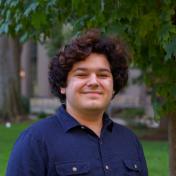 SB Candidate
SB CandidateClaudia Tomateo
Doctoral StudentSarah Williams
 Norman B. (1938) and Muriel Leventhal Prof of Architecture and Planning
Norman B. (1938) and Muriel Leventhal Prof of Architecture and PlanningHanyong Xu
 PhD Candidate
PhD CandidateNiaz Mahmud Zafri
 Doctoral Student
Doctoral StudentChris Zegras
 Professor of Mobility and Urban Planning, Department Head
Professor of Mobility and Urban Planning, Department HeadJinhua Zhao
 Class of 1941 Professor of Cities and Transportation
Class of 1941 Professor of Cities and TransportationSiqi Zheng
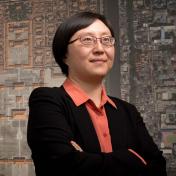 Professor of Urban and Real Estate Sustainability
Professor of Urban and Real Estate Sustainability
Areas of Study
Sensing
The explosion of ubiquitous, inter-connected sensing and computing technologies (epitomized by the smartphone, but more generally represented by the so-called IoT) are rapidly changing the way we understand relevant behaviors in the urban environment, supply conditions, environmental conditions, etc. VR/AR also offer promising, simulation-based data collection techniques. Importantly, these new streams of data pose a wide range of privacy and security concerns, which must be carefully processed by experts and the public at large.
Modeling and Simulation
Broadly understood, computing and computing-enabled capabilities are fundamental to operationalizing mathematical models relevant to understanding relations among built environment-human behavior-outcomes (e.g., health and well-being), environmental systems (e.g., pollution concentrations), economic and financial performance (e.g., investment proforma), etc. Big data and, for example, machine learning techniques offer great promise for enhancing related knowledge creation. At the same time, ever-increasing computing power, epitomized by high performance computing, provides new opportunities for simulating system interactions (e.g., in integrated, high-resolution, agent-based microsimulation tools) to assist in decision-making.
Visualization
Techniques for visualization in urban planning and design include sketching, drawing, renderings, physical models, maps, videos, etc. Computing is changing the richness, complexity, resolution, and interactivity of visualization and the possibilities for communicating planning concepts. This opens up new opportunities to engage across stakeholder audiences, with new means for instantly and intuitively demonstrating planning impacts and co-creating planning interventions.
Control and Optimization
New and richer sources of real-time data, combined with computing and communication technologies will tighten the urban feedback loop. Scalable, robust, and efficient ways to intervene across the urban landscape can help to better match supply and demand (for mobility, building occupancy, energy networks, etc.), increase safety and security, manage disruptions and emergencies, enhance environmental sustainability, etc. Challenges are multiple, however, and include susceptibility to attack (i.e., cyber-physical security) and the need to balance individual and social objectives.
Key Themes
Mobility
Intersection of behavioral science and transportation technology; Urban/transportation microsimulation; Scenario discovery for mobility of the future; Integration of autonomous vehicles and public transit; Future of parking data visualization.
Environment
Democratization of the grid; Data analysis and visualization of environmental hazards and social vulnerability; Behavioral responses to pollution and environmental hazards and associated social costs; Environmental sustainability of urban development and the building sector; Climate data and climate action.
Infrastructure and Information Systems (IIS)
Cybersecurity support for cities; Real estate finance and innovation; Smart sewage systems; Connected infrastructure policy and practice; Place-based infrastructure investment and urban vibrancy dynamics.
Health/Wellbeing
Post-disaster housing data analysis; Big data and technology to assess health and happiness outcomes; Integration of urban design and technological measures to increase wellbeing.
Data Action
How do designers and urban planners effectively utilize state-of-the-art computational techniques such as artificial intelligence and machine learning to understand how cities and regions work. How do they incorporate this understanding into their own practice and to implement change in the built environment and communities they work within?
Cybersecurity
The more city agencies and departments expand their use and reliance on information systems and informatics, the more vulnerable they become to cyberattack, including hard-to-trace ransomware attacks by overseas hackers. Cities in the United States, and across the world, are being attacked several thousand times a day. The risks and costs of these attacks are substantial. As a part of a national consortium of university-based cybersecurity clinics, the DUSP-based MIT Cybersecurity Clinic facilitates collaboration between students and faculty around the country -- and around the world -- to work together to protect critical urban infrastructure.
Bachelor of Urban Science and Planning with Computer Science
The 11-6 degree (Bachelor of Urban Science and Planning with Computer Science) aims to help MIT undergraduates use their computer science skills to make positive social impacts. For the predominantly technically-minded undergraduates at MIT, working within real urban contexts and environments will introduce them to:
- Fundamental and socially-relevant questions of equity, fairness, diversity;
- Specific applications of computer science skills (e.g. statistics, data science, geospatial analysis, and visualization) to urban-related questions;
- Diverse contexts in which technology is tested and used.






